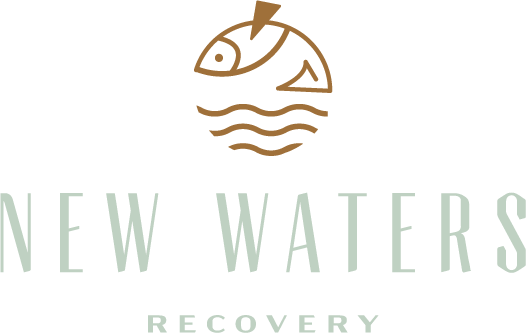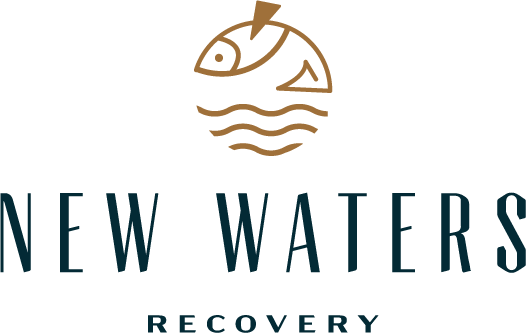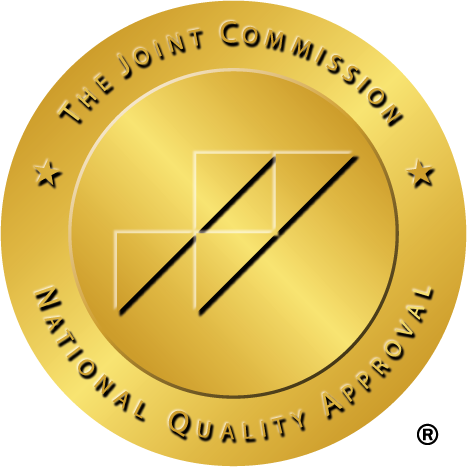A historic center for textile manufacturing and the labor movement of the early 20th century, Gastonia has a rich and fascinating culture with no shortage of fun things to see and do. It’s filled with beautiful parks and outdoor areas, charming shops and theaters, and diverse museums.
However, people living in Gastonia still struggle with drug and alcohol addiction like most of the country. Along with the versatile offerings, Gastonia has several addiction treatment centers with evidence-based therapies and counseling to help you overcome addiction.








